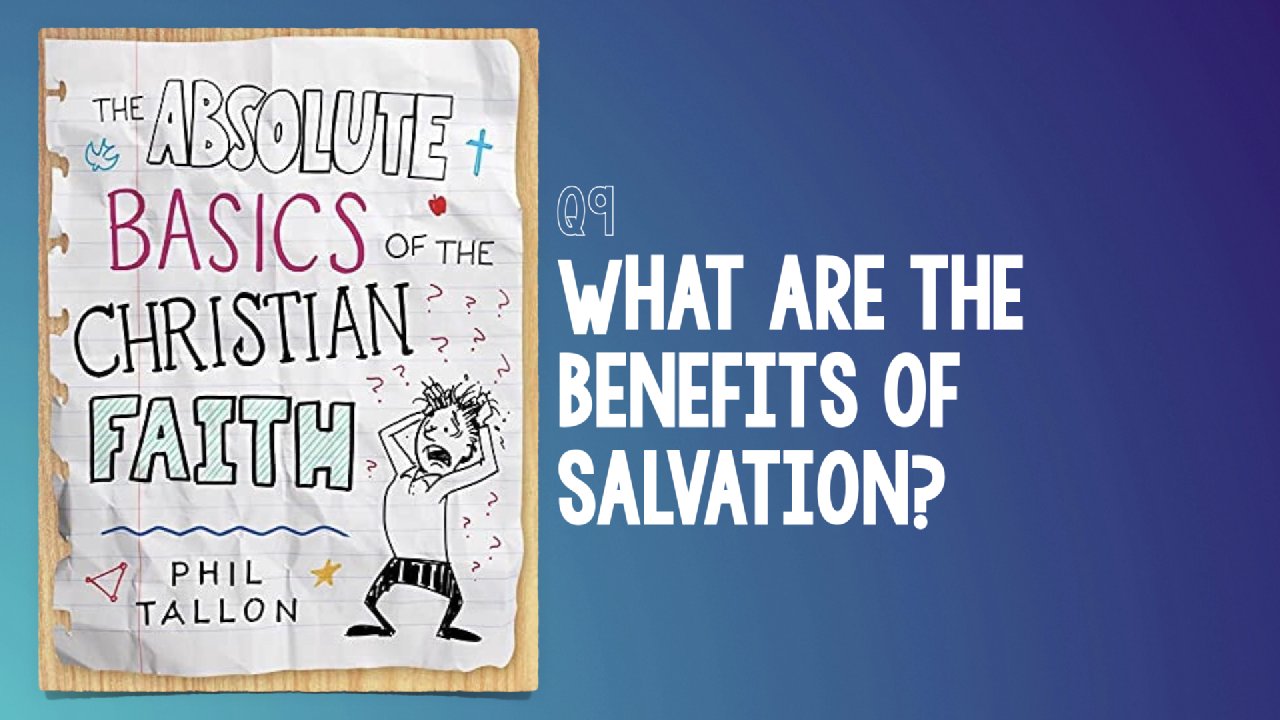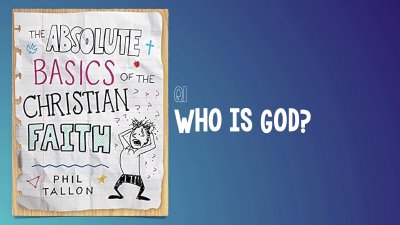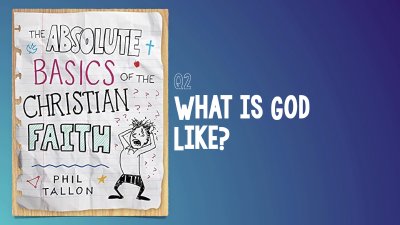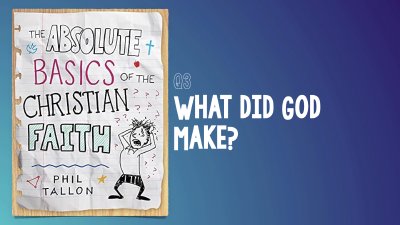Q: What are the benefits of salvation?
A: We are pardoned by God, made part of God's family again, and given resurrection life and power. (Romans 5:1)
● Discussion Opener: Does your family have any specific “house rules” that are different from your friends’ houses?
● Discussion Question: The lesson used an analogy of living in God’s kingdom as being like living in a house. Where do you see yourself in the house analogy right now?
● On the porch: Thinking about repenting and waving the white flag of surrender.
● In the doorway: Believing in Christ but not yet fully living inside the house.
● Inside the house: You have repented and believed, and now you’re learning about life inside God’s house as a member of His family.
● Discussion Question: John Wesley compared living with God to joining Him inside of His house. And like any other home, there are different rules for being in His house. God gives us a new way of living. Unlike some of the rules that our friends give, all of God’s rules have good reasons for them. What are some examples of the new “rules” God gives us and why does He give them?
● Discussion Question: How do we know and understand what “life in the house” looks like? Do we just open up the Bible and follow it verbatim? Or is more reflection required?
● Discussion Question: In the analogy in the lesson, the rebels are given basic necessities as a part of the King’s army. How does God provide for His followers in a similar way? Are there things that God gives to His “army” that He doesn’t give to the other “rebels”?
● Discussion Question: Do some Christians overly focus on the afterlife—the benefits of salvation there? What are the dangers of this? Do some Christians overly focus on the benefits now—the benefits of salvation in this life? What are the dangers of this?
● Discussion Question: What was the most important idea you learned from this lesson? Is there anything you still don’t understand?
● Application Question: Where are you now in your walk with God? What would it mean for you to take the next step into “living in the house” of salvation? (This is an important question.)








